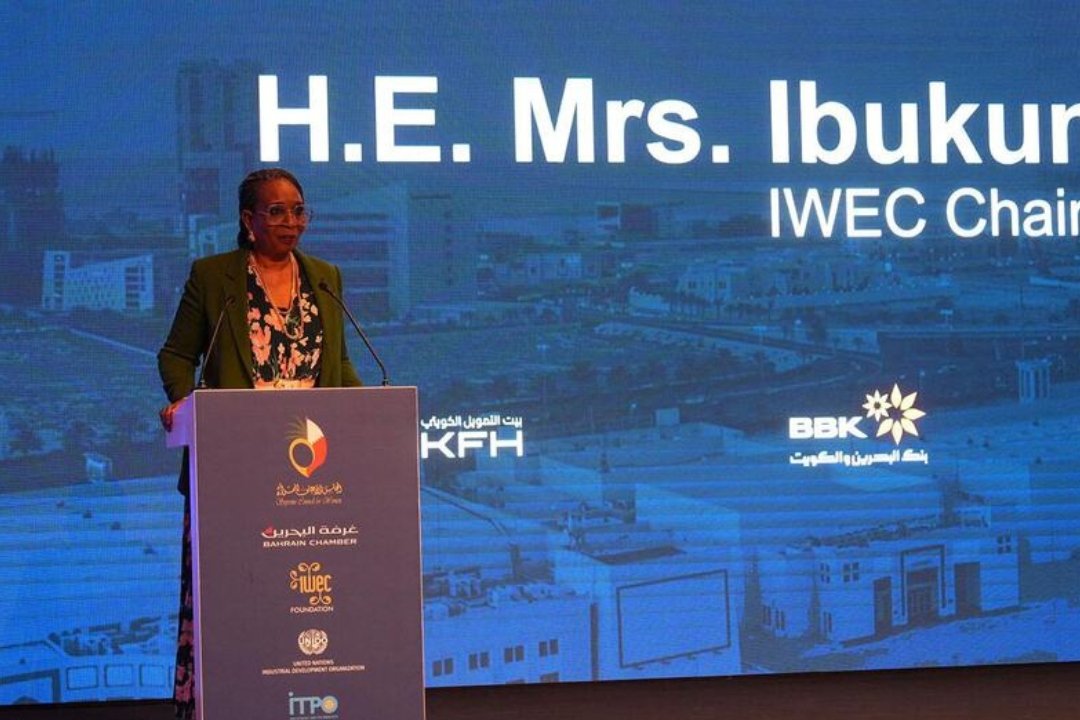- Nigeria unveils a 10-year plan to revolutionize its automotive industry and boost local manufacturing.
- Trade Minister Doris Anite emphasizes Nigeria’s capacity to produce its own vehicles and reduce costs for consumers.
- The plan includes strategic infrastructure development, fiscal incentives, and stakeholder involvement for industry growth.
Nigeria has unveiled a comprehensive 10-year plan aimed at transforming its automotive industry and boosting local manufacturing capabilities. Trade Minister Doris Uzoka-Anite revealed the ambitious strategy, which includes strategic infrastructure development and support for local manufacturing.
The plan, headed by Doris Anite, Minister of Industry, Trade, and Investment, outlines Nigeria’s vision to become self-sufficient in vehicle production within a decade. Minister Anite emphasized the importance of addressing long-standing challenges and tapping into the vast potential of the Nigerian market during the launch of the Nigeria Automotive Industry Development Plan at an event attended by stakeholders from both the private and public sectors.
She said, “Nigeria has the capacity to produce its own vehicles. We have the raw materials; we have the skills; we have a market, and now we have a plan that can help us produce our vehicles. These vehicles include motorcycles, tricycles, sedans, heavy-duty trucks.
“With this plan, we should see Nigeria fully producing its own vehicles within 10 years. Our goal is to reduce the cost of purchasing a vehicle for the average Nigerian.”
Joseph Osanipin, the director-general of the National Automotive Design and Development Council, expressed that a key policy proposed to facilitate the plan’s realization is a five-year tax exemption for vehicle assemblers in Nigeria.
He said, “Through such fiscal initiatives, there is a deliberate focus on backward integration and component production.”
The automotive industry development plan aims to position Nigeria as a major player in vehicle manufacturing, encompassing a range of vehicles from motorcycles to heavy-duty trucks. It also includes fiscal incentives like a five-year tax holiday for vehicle assemblers to encourage local production and component integration.
Stakeholders from both the private and public sectors, including the Ministries of Finance, Transport, and Environment, as well as industry associations like the Manufacturers Association of Nigeria and the Standards Organization of Nigeria, are actively involved in implementing the plan.
Despite challenges such as rising production costs and weak demand, Nigeria’s automotive sector is poised for growth with the government’s renewed focus on local content and support for domestic manufacturing. The Federal Government’s Automotive Policy of 2014 aims to boost local content and provide financing schemes for vehicle purchases, signaling a commitment to the industry’s long-term sustainability.
While Nigeria currently produces less than 10% of its vehicles, the new plan aims to significantly increase this figure over the next decade, ultimately reducing costs for consumers and driving economic development in the country’s automotive sector.










